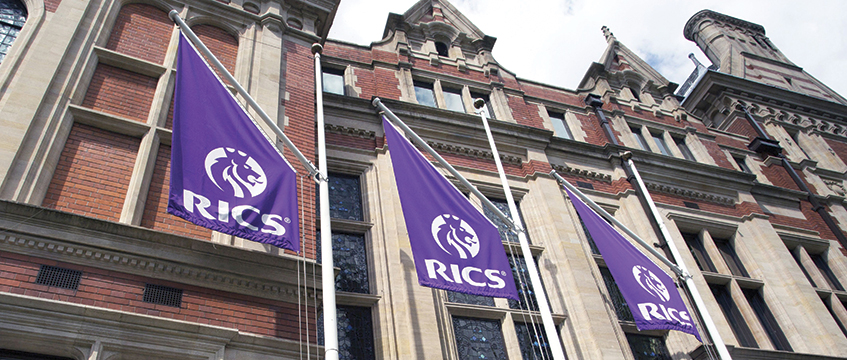RICS members urge more transparency as trust levels plummet
A majority of surveyors have underlined concerns that the Royal Institution of Chartered Surveyors is not being transparent enough about remuneration and how their fees are being used, according to the organisation’s consultation report on its future purpose and relevance.
Initial findings, which published today, show that 52% of surveyors said they do not think RICS is transparent enough about its activities supported by member income. Many said RICS needed to provide greater clarity on the way its membership fees are used and its overall finances, including executive remuneration.
Just 43% of the 8,038 surveyors polled by RICS said they were satisfied with their membership. The institution’s average trust score fell to 58% in 2021, from 81% in July last year.
A majority of surveyors have underlined concerns that the Royal Institution of Chartered Surveyors is not being transparent enough about remuneration and how their fees are being used, according to the organisation’s consultation report on its future purpose and relevance.
Initial findings, which published today, show that 52% of surveyors said they do not think RICS is transparent enough about its activities supported by member income. Many said RICS needed to provide greater clarity on the way its membership fees are used and its overall finances, including executive remuneration.
Just 43% of the 8,038 surveyors polled by RICS said they were satisfied with their membership. The institution’s average trust score fell to 58% in 2021, from 81% in July last year.
The organisation’s influence is also fading – its influence score has shrunk to 49%, from 62% last year.
RICS said that many surveyors wanted a member experience that is “tailored to their role and geographic location”. A number of surveyors expressed “concern over recent changes in the RICS executive structure in their local markets”, which they felt has “led to a decrease” in support.
Responses to the consultation and participants in roundtables also noted “concern and confusion” with governance structures and decision-making.
According to the report, some pointed to a disconnect between members, governance and the executive. Surveyors also highlighted that they did not feel the organisation – particularly at executive level – is “being held to account effectively”.
RICS will hold meetings this month and in June to consider its response and whether to commission further work. The governing council will confirm and approve any new strategy in November.
Kath Fontana, president at RICS, said: “Clearly, some of this feedback is challenging. But it is essential for us to listen and we hear you loud and clear that there must be changes.
“We have heard that we must do more to earn the trust and confidence of our members, increase transparency and step up to lead the industry through these challenging times.”
She added: “Wherever possible, governing council will act right away – either to accelerate projects already in development or initiate new work. We will take a careful look at where we need longer-term investment and focus.”
The news comes after chief executive Sean Tompkins was handed a six-figure bonus for the year ending July 2020, pocketing more than £263,000. This included a £73,911 cash award and £189,720 “deferred” element in the institution’s executive incentive plan.
These amounts were paid on top of a £254,341 base salary, after a 15% pay reduction for a six-month period in response to pandemic-led “cost challenges”.
See also: RICS chief executive on why he’s ‘never’ thought of quitting
To send feedback, e-mail pui-guan.man@eg.co.uk or tweet @PuiGuanM or @EGPropertyNews
Photo by Jeff Blackler/Shutterstoc











